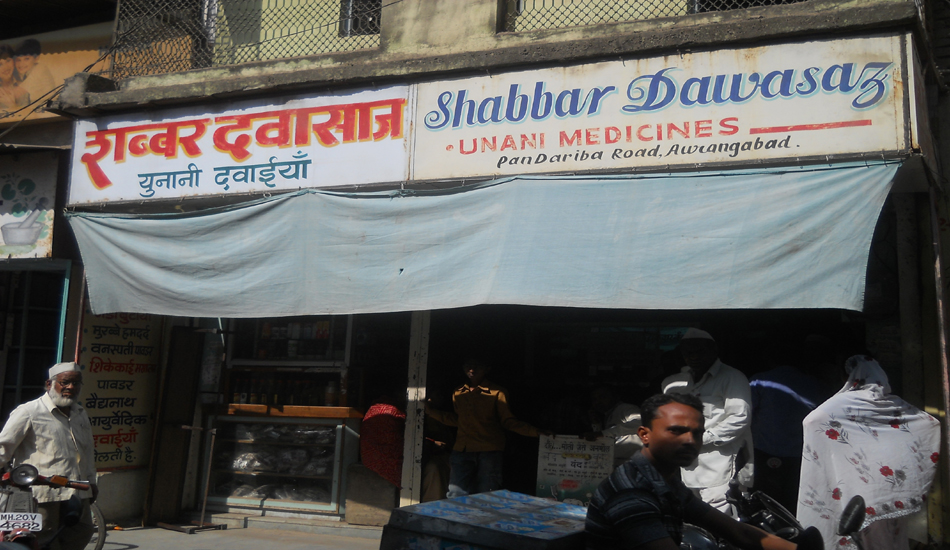
Rural Healing Practices
INTRODUCTION:
This study is part of a long-term engagement of the co-applicant in working with marginalized peoples, especially Tribals, in the borders of Gujarat and Maharashtra through the auspices of the Sudarshan Foundation, which Dr. Sengar set up. In this capacity, the co-applicant is a trustee of the organization-Sudarshan Foundation Trust, she collaborated in Project SEVAK (Sanitation and Health Education in Village communities through improved Awareness and Knowledge of Prevention/Management of Diseases and Health Promotion), which is a pilot project for access to health-care in the villages of India, coordinated by a consortium of international and Indian partners: The American Association of Physicians of Indian Origin, The M.S. University of Baroda, Vadodara, Texas A&M University, the University of Maryland, the Bharatiya Seva Samaj.
OBJECTIVES:
1. Aims to investigate the changing viability of health practices (understandings of illness cause and appropriate restorative/curative treatment) in the villages under study in relation to specific conditions (to be determined during the course of research)
2. The patterns of use of local resources, and extra-local resources and therapeutic practices associated with culturally-politically dominant formations of these localities, including those of the sufis and Nathpanthis; practitioners of Ayurveda, Unani-Tibb and western medicine
3. The dimensions of hybridity and assimilation at the level of practice
4. The changing role of the state (formerly under the administration in the Nizam’s Dominions of Hyderabad) in providing access to health services
5. The extent to which local peoples adapted and utilized available health services concurrent with political transformations
The Districts selected for study are: Eastern Gujarat (Tapi, The Dangs and Valsad), Khandesh (Dhule, Nandurbar and Jalgaon), and Marathwada (Aurangabad):
The areas selected for this research are particularly useful ones to study the political implications of health-policies in relation to marginalized populations through historical-anthropological perspectives. The region witnessed fragmentation among different administrations during the nineteenth century, including the assertion of British authority into eastern Gujarat and Khandesh. Aurangabad and its environs were under the administration of the Nizams of Hyderabad. Following Independence contiguous domains were split into the administration of Maharashtra and Gujarat, each with their different priorities and mechanisms in terms of health provision. These large-scale political transformations provide the template for studying the changing modalities of practice, resource use and governance in this region straddling the Gujarat / Maharashtra border, with particular attention to Tribals, lower caste and minority groups (bearing in mind the historical contingency of social status in relation to political configurations).
The work is situated in relation to a regional historiography which, while providing fruitful lines of enquiry, has systematically engaged at the village-level with the recording and documentation pertaining to people’s health practices in this region. Further, there are a number of manuscripts in languages not accessible to previous researchers which promise to provide new insights into the management of health in this area. This researcher knows of no other initiative taken so far that engages systematically with the issues foregrounded in this project.
SOURCES:
The documentation trail left behind by various administrations of this region provides ideal sources to understand how health policies were conceived and implemented. These sources can be usefully positioned in relation to other kinds of sources prioritized in this research: the systematic documentation of oral records, traditions and folklore. These will enable alternative historical narratives to those produced by administrative bodies. The languages drawn on in this current project are: Gujarati, with Chodhri and Dangi dialects, Marathi with Ahirani dialects, Persian to seek archival sources on tibb / hikmat pertaining to the administration of this region.
METHODOLOGY:
Under each of these districts there will be two villages which are being selected for the data and sample collections. The villages are selected with a certain set of criteria (based on demographic patterns, history of the village, the health services in and around the village, the forest vegetation and its utilization). Primarily, one of the villages needs to be dominated by the tribal communities. The second village of the same district will be of variable population with one or two pockets of the tribal population. The selection is mainly to understand the impacts of the cultural mitigation and assimilation. So far, the villages in the Marathwada, Khandesh and Eastern Gujarat are being finalized for study and an exhaustive questionnaire is being prepared to document information from each of the household in the village. The work will be carried out through the support of the villagers by a team of three field investigators appointed by the co-applicant. Methods in oral history will be utilized for the assembling and interpretation of narratives about health, illness and healing.
IMPACTS:
Impacts:This research relates directly to the policy arena. The work of SEVAK and the role of the co-applicant and her organization Sudarshan already have established a relationship with the Ministry of Health in Gujarat, and are currently seeking cooperation from the Ministry of Health in Maharashtra. The work envisaged in this research project is of fundamental significance for providing key historical and anthropological insights into the understandings of health and illness in this region that will be in a good position to shape the nature of the policies implemented to improve access to health-care among the disadvantaged. The SEVAK initiative has the ambition of providing a template for village health-care throughout India based on their experience in this region. The co-applicant is in a privileged position to reflect upon the nature of these engagements and to understand the current political ramifications from her views on the activities of SEVAK on the inside. The co-applicant will benefit from being in a team with other medical historians and anthropologists studying in a similar field, sharing and exchanging ideas on appropriate methods and literature.
PROJECT STAFF:
Principal Investigator: Dr. Bina Sengar
Field Investigators: 03-Baliram Paikrao, Yasser Siddiqui, Balkrushna Pagare
Technical Fellow: 01- Anjali Umare
FINANCIALLY SUPPORTED BY
Wellcome Trust UK
Sudarshan Foundation Trust

Leave a Comment